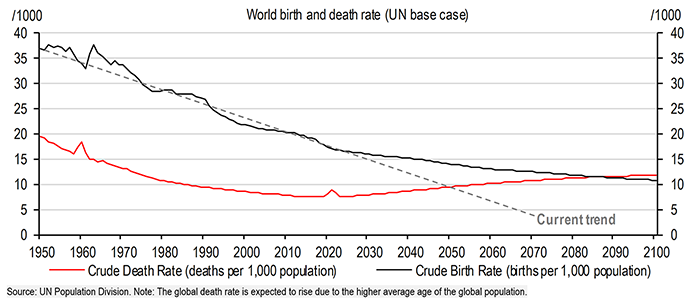Introduction
The global population may still be growing falling fertility rates, but a new UN report confirms that birth rates are dropping faster than ever before. Contrary to popular belief, this trend isn’t driven by infertility or disinterest in parenting — it’s about limited choice and rising barriers to starting a family.
The 2025 State of the World Population report, released by the UN Population Fund (UNFPA), sheds light on how financial hardship, job insecurity, gender inequality, and lack of access to quality healthcare are leaving millions without the means to have the families they desire.

Key Findings from the UN Report
- Only 12% of respondents cited infertility as the reason for not having children.
- 39% pointed to financial limitations such as child-rearing costs and expensive housing.
- 21% expressed concern about job security, while 19% cited climate change, war, or future uncertainty.
- 13% of women blamed the unequal division of domestic responsibilities.
This global survey covered 14,000 people across countries like South Korea, the U.S., Nigeria, India, and Sweden — capturing diverse economic and social realities.
South Korea and Sweden: A Stark Contrast
South Korea has the world’s lowest fertility rate, with nearly 60% of respondents there citing economic constraints. Meanwhile, Sweden, where the government offers generous parental leave and social support, still struggles with low birth rates — but only 19% of Swedes blame finances.
“Fertility isn’t just about biology,” said Natalia Kanem, Executive Director of UNFPA. “It’s about whether people feel supported enough to build the families they want.”
Why the Fertility Crisis Matters
Fertility rates below 2.1 children per woman — the replacement level — signal potential long-term population decline. This shift could lead to a shrinking workforce, increased pension burdens, and economic slowdown.
“Governments may face hard choices,” said demographer Arkadiusz Wisniowski of the University of Manchester. “Without immigration or policy reform, the tax burden on future generations will only grow.”
Policy Solutions: What the UN Recommends
The UNFPA advises against coercive “baby bonuses” and instead urges nations to:
- Invest in affordable housing and childcare
- Ensure paid parental leave and family support policies
- Expand access to reproductive healthcare and contraception
- Promote gender equality in domestic and workplace roles

In other words, empower people — particularly women — with the resources and freedom to decide if, when, and how to raise a family.
Conclusion: A Global Call for Reproductive Agency
Falling birth rates are not a rejection of parenthood, but a symptom of restricted choices. As the world grapples with demographic shifts, the message from the UN is clear: support reproductive freedom, or face a future shaped by aging populations, empty classrooms, and shrinking economies.
For more on global health and social policy, check out our article on India’s population challenges.
Also, explore the full UNFPA report on State of the World Population 2025.